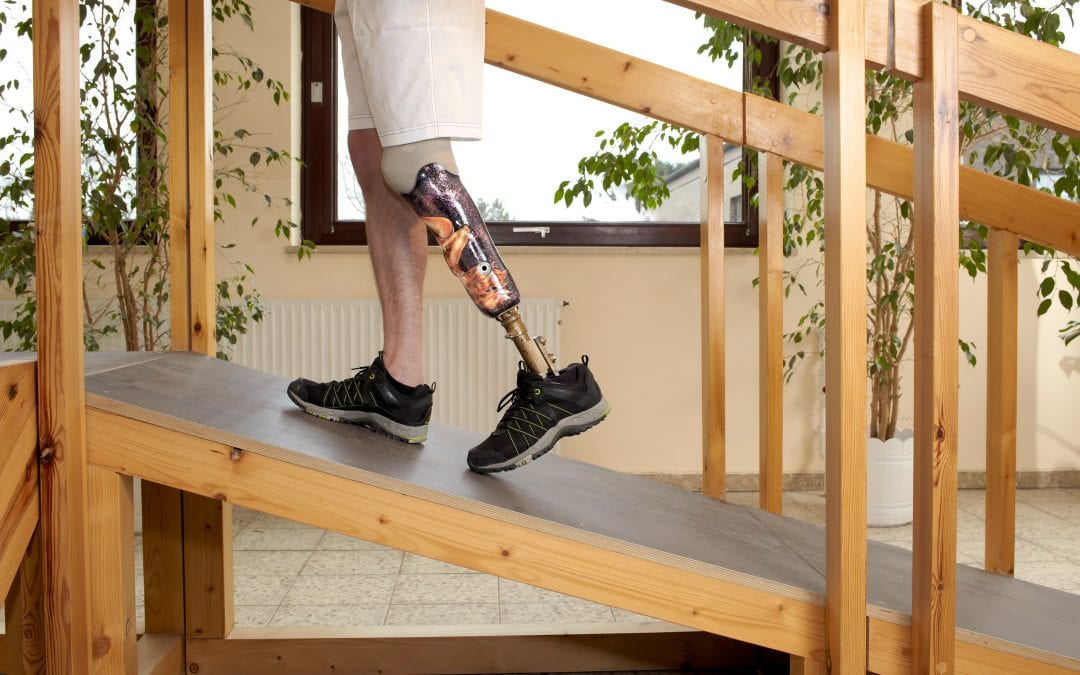Airport screenings and frisk searches can be a major issue for amputees. Stricter airport screening procedures are creating a growing problem for amputee airline travellers
The incidence of amputees encountering problems with Frisk searches at Australian domestic airport security screening processes is on the increase. Stricter surveillance may have unwelcome consequences for those with major limb loss. Here is a brief summary of the processes that apply in all major capital city airport screening areas
The Screening process and Frisk searches
The behaviour of Aviation Security Screening Officers is determined by:
- Each Airport Management policy
- Security screening notices that are issued periodically by the Dept of Home Affairs
- The Aviation Transport Security Act 2004.
Information about the first two options is kept confidential but the third option is a publicly available document. Section 93 to 97 are the relevant sections that apply to Security Screening Officers.
It should be noted that Security Screening Officers have absolute power to decide if a frisk search is necessary and that sufficient justification for that action is if a passenger fails the primary and secondary screening processes.
The Act does mention that the Screening Officer may request a passenger to remove an item of clothing however this only refers to bulky clothing such as scarves, hats, jackets and coats, and not outer garments such as trousers, shirts or slacks etc.
The Act also mentions the use of a private room and that the Security Officer must not use more force or subject the person to greater indignity than is necessary or reasonable.
The Act specifies that the Officer must refuse to allow a person to pass through the screening point if they cannot be cleared for any reason. There are signs at all airport screening areas that state “a person has consented to the screening process (except a frisk search) and any refusal to undergo a screening procedure will prevent that person proceeding.” What this means is, if a frisk search has been deemed necessary by the Screening Officer then they must ask you for permission. If you refuse, then you will not be cleared to proceed.
Further inquiries indicate that “The Department (Home Affairs) expects all people to be treated with dignity and respect, and in accordance with the law during screening”, and that “if a frisk search is to include a sensitive area then permission must be obtained in writing”.
If a frisk search is to be conducted a private room must be offered. There must be two Security Officers of the same gender as the passenger present, and the passenger is entitled to have their own witness present.
A Security Officer cannot request a passenger to remove outer garments, but the passenger can offer to do this. In many instances a frisk search is undertaken when a simpler, less intrusive alternative would be to remove trousers and then be secondary screened with the hand wand. This is preferable to an intrusive frisk search for many.
Many amputees are unaware of the mental stress, recrimination and intrusion that a frisk search can create. After a number of complaints, we have decided to post this information so that all can have an alternate strategy to be effectively screened without being frisked in sensitive body areas.
Frisk searches are also referred to as a ‘pat down search’ so be aware that the two terms have exactly the same result if the search is to be conducted on a sensitive area of the body.

